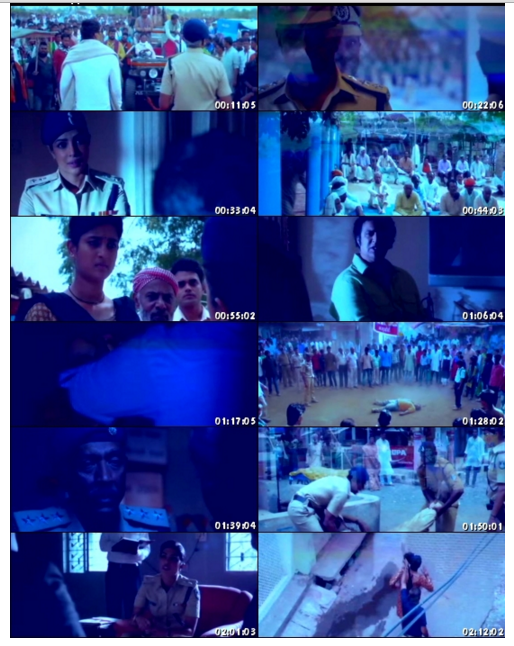Can your Nintendo Switch play MKV, MOV, AVI, or MP4 movies directly from an SD card? The answer is no. Unfortunately, the console does not come equipped with a default media player, web browser, or support for most media apps like Netflix. This limitation means local video files cannot be played directly from the SD card without additional workarounds. However, there are solutions to overcome this hurdle, as we will explore further in this article.
The issue of embedded movie cover art being correctly extracted from MP4 but not MKV files has puzzled many users. While MP4 movies display their cover art perfectly, MKV files seem to lack this functionality. This discrepancy often arises due to differences in how metadata is handled across various file formats. Understanding these nuances can help users better manage their digital libraries and ensure consistent performance when accessing media files on different devices.
| Category | Details |
|---|---|
| Name | Nintendo Switch |
| Release Date | March 3, 2017 |
| Manufacturer | Nintendo |
| Primary Function | Gaming Console |
| Media Support | Limited; requires third-party applications for extended compatibility |
For those looking to remotely watch MKV movies on an iPad stored on a Network Attached Storage (NAS), the process involves converting the videos into a compatible format such as H.264 MP4 or MOV. Since iPads do not natively support MKV files, this conversion step is crucial for seamless playback. Users have reported success using software capable of handling large file sizes and maintaining high-quality audio tracks, including DTS and Dolby Digital. Such software ensures that even large files, typically ranging from 10-15GB, can be streamed effectively while traveling.
Windows 10's Films & TV app occasionally encounters issues playing MKV files. One common error message reads: Can't play this item. It was encoded in a format that's not supported. This problem may stem from variations in encoding standards between different MKV files. While some older MKV files might function correctly, newer ones could fail due to unsupported codecs. To resolve this, users should verify the specific codec used during the file's creation and install any necessary updates or alternative players capable of handling diverse MKV formats.
A strange green horizontal line appearing at the bottom of the screen during MKV playback has baffled several users. This visual glitch primarily affects setups utilizing LibreElec 8.x (Generic) with Kodi 17.6. The anomaly manifests exclusively when playing certain MKV movie files, suggesting potential incompatibilities within the software stack or hardware configurations. Addressing this issue typically involves troubleshooting settings within Kodi, updating drivers, or experimenting with different video decoders to identify the root cause.
MKV movies sometimes stop unexpectedly, leaving viewers frustrated mid-stream. This interruption often occurs without warning, halting playback entirely before abruptly exiting the movie. Various factors contribute to this behavior, including corrupted files, insufficient storage space, overheating devices, or conflicts arising from incompatible software versions. Ensuring all components remain updated and optimizing system resources can mitigate these disruptions, providing a smoother viewing experience.
Plex, a popular media server application, occasionally struggles with MKV files. While some MKV movies play without issue, others refuse to load or appear altogether absent from the Plex library. This inconsistency frequently relates to differing container specifications and codec implementations among MKV files. Transcoding options available within Plex offer one pathway toward resolving these challenges by standardizing formats prior to streaming. Additionally, verifying proper configuration of the Plex Media Server and client apps helps maintain reliable access to MKV content.
Despite these obstacles, creative solutions abound for enhancing multimedia experiences across platforms. Leveraging specialized software tools designed specifically for handling complex file types empowers users to unlock greater versatility in managing their digital collections. Whether addressing limitations inherent to gaming consoles, overcoming playback errors on desktop environments, or ensuring smooth remote streaming capabilities, adopting best practices tailored to individual needs fosters enhanced satisfaction and enjoyment of cherished entertainment assets.
In summary, navigating the intricacies of modern media consumption demands familiarity with both technical constraints and practical strategies for circumventing them. By staying informed about emerging technologies and embracing adaptive approaches, enthusiasts can continue expanding their horizons while preserving the integrity and accessibility of their treasured media files.



